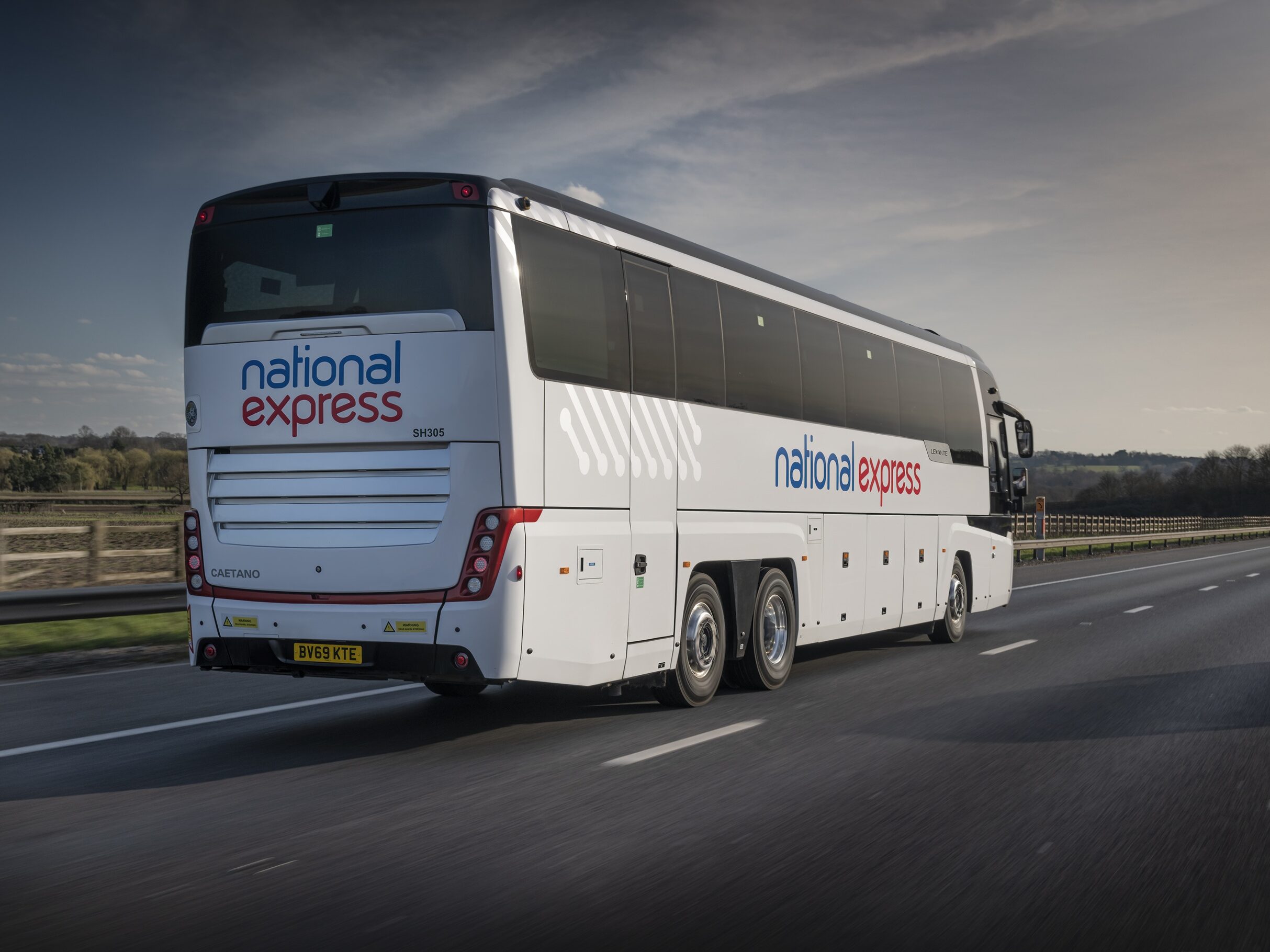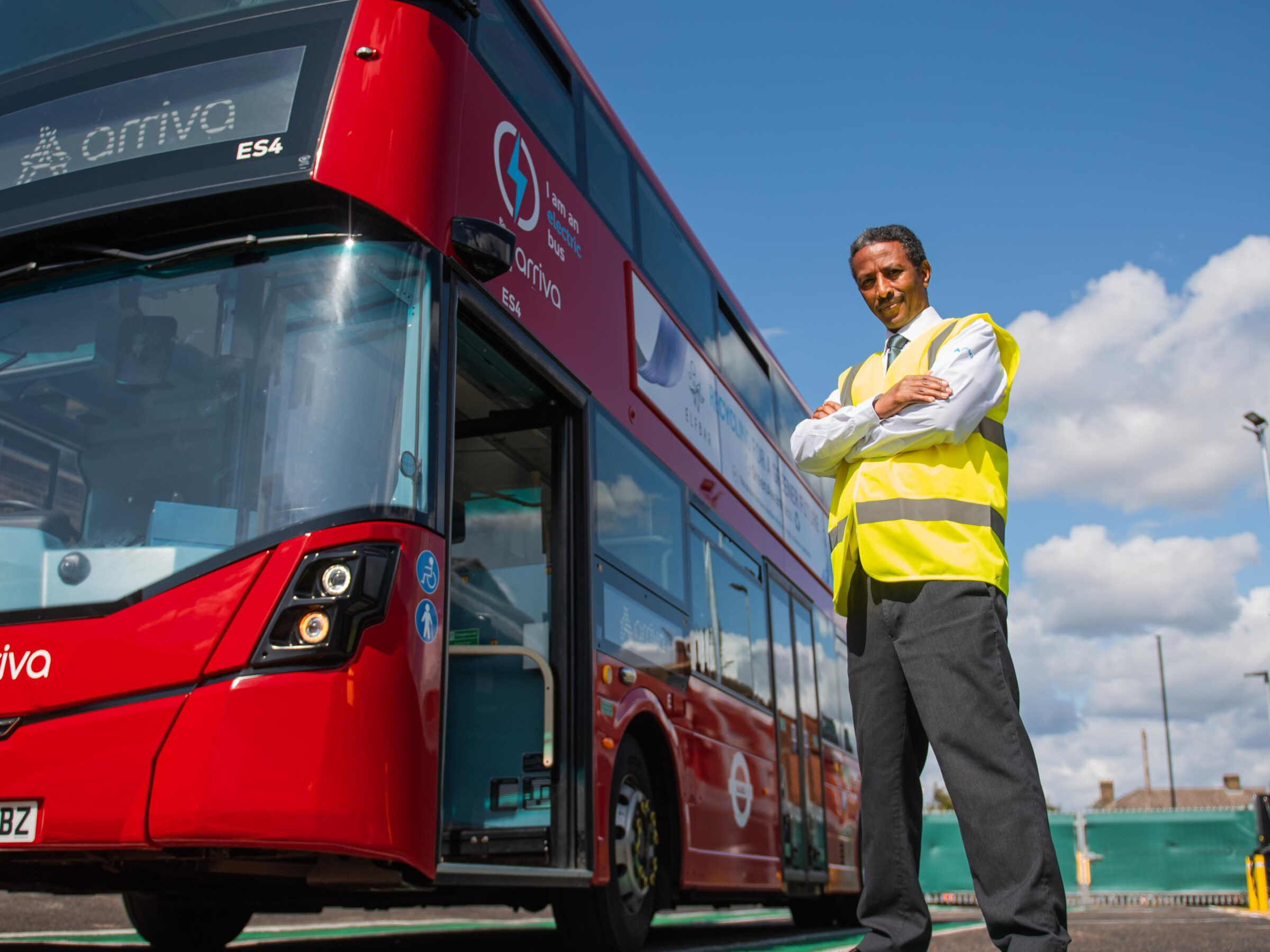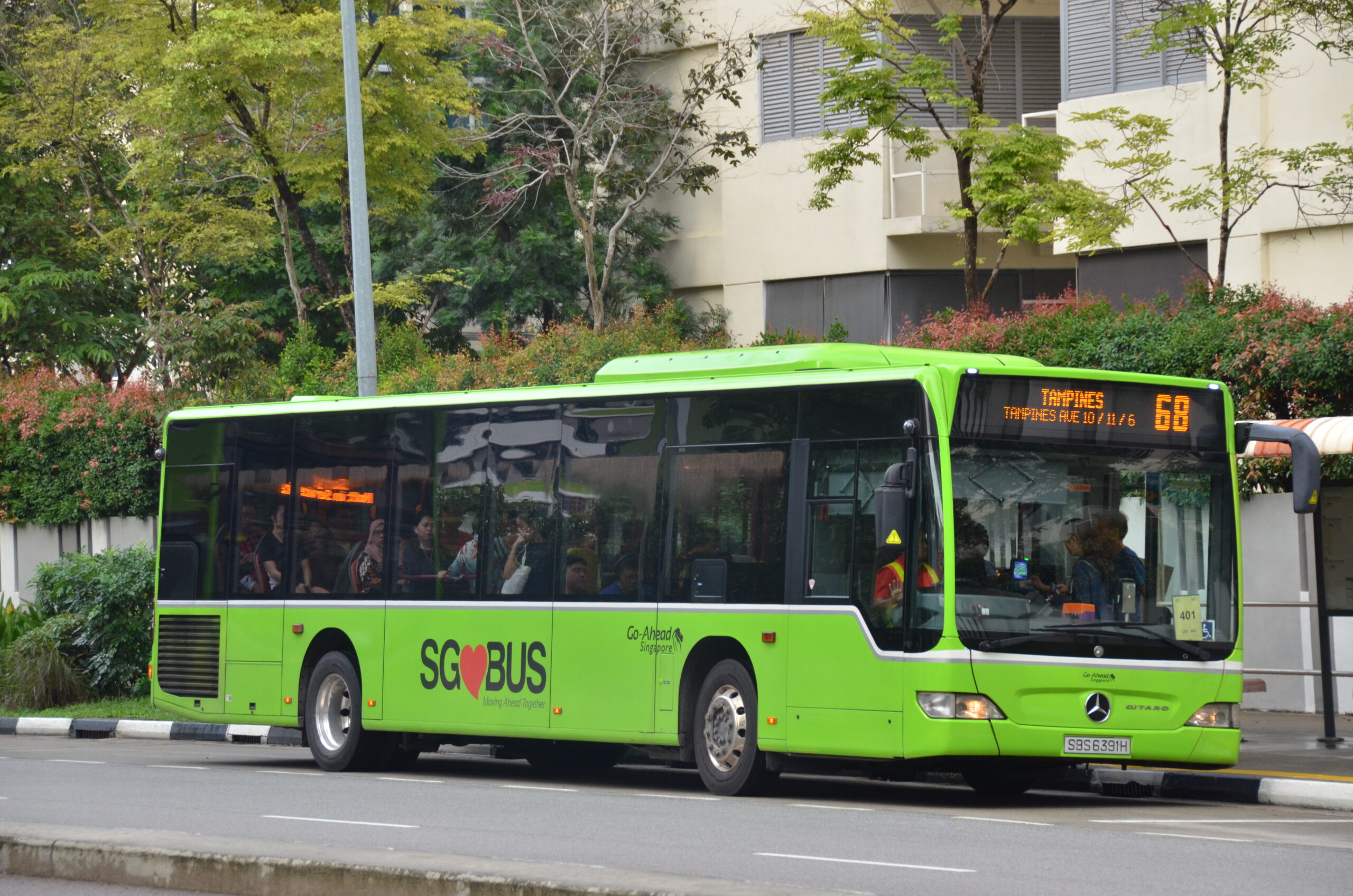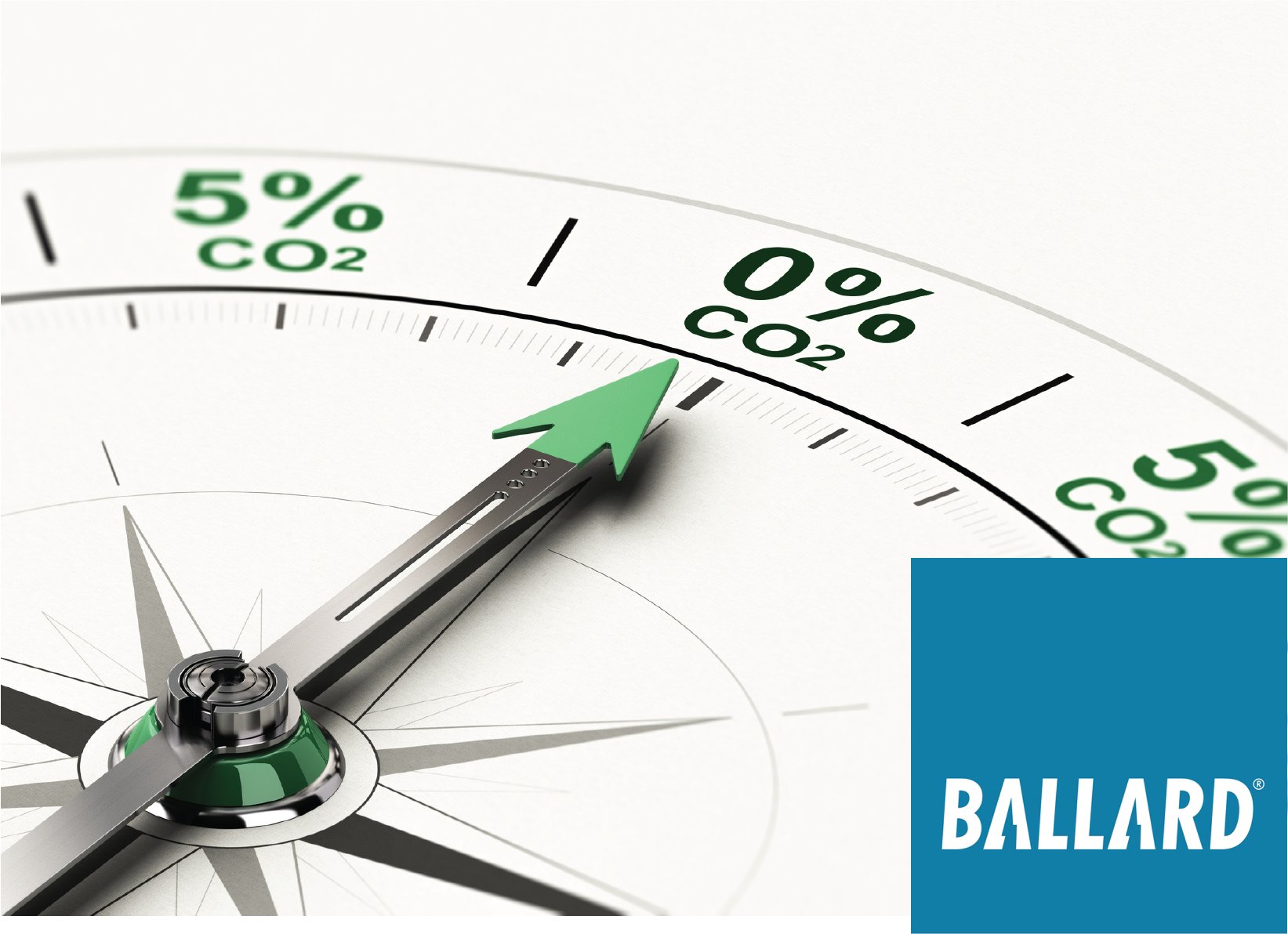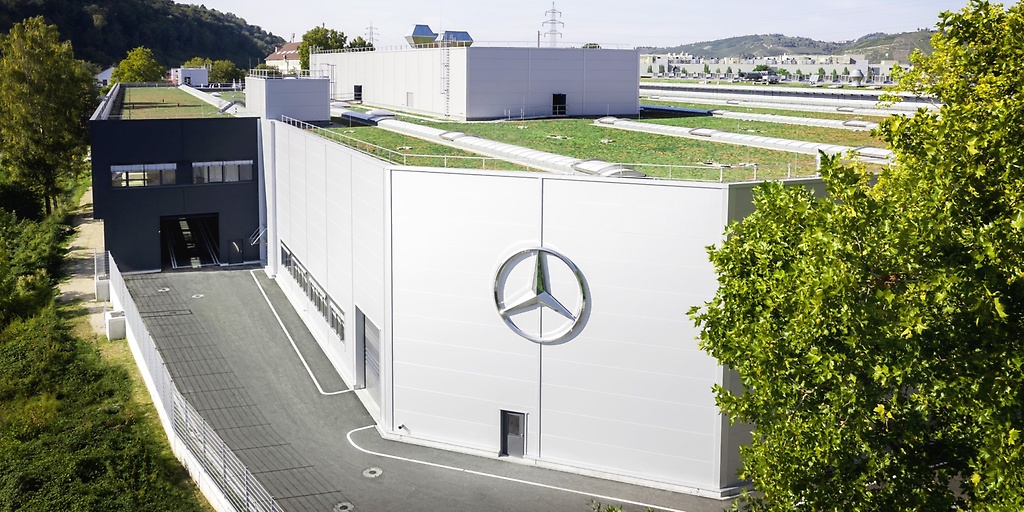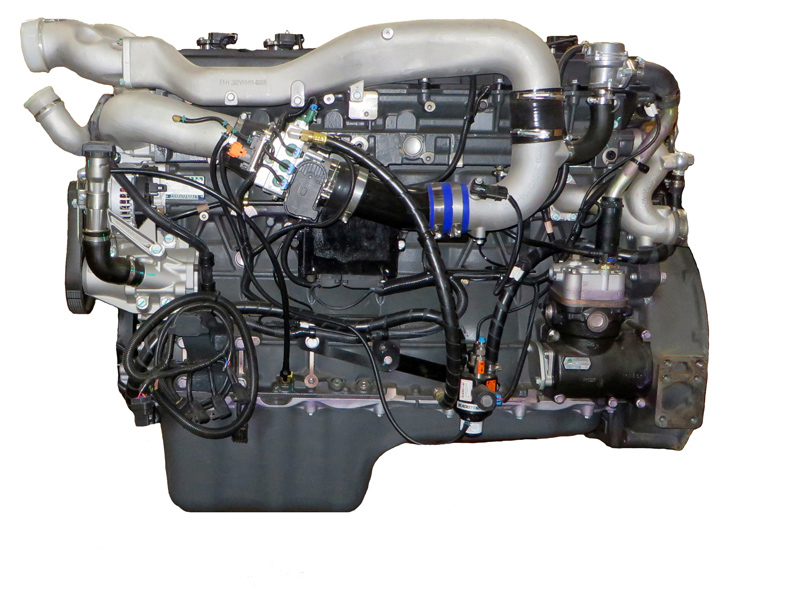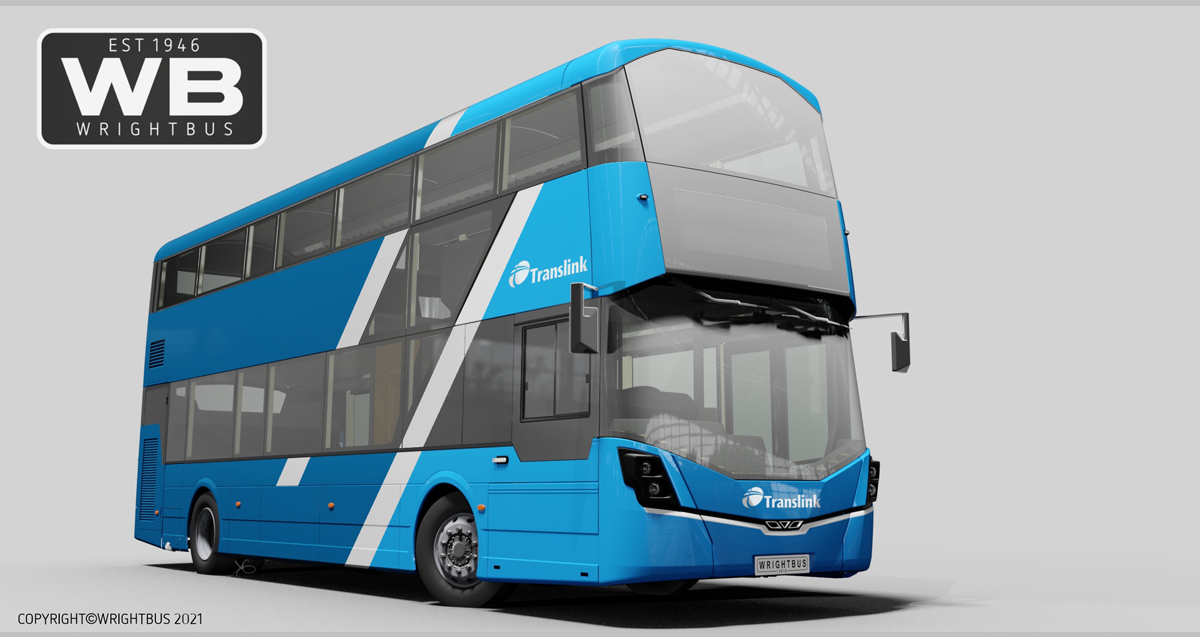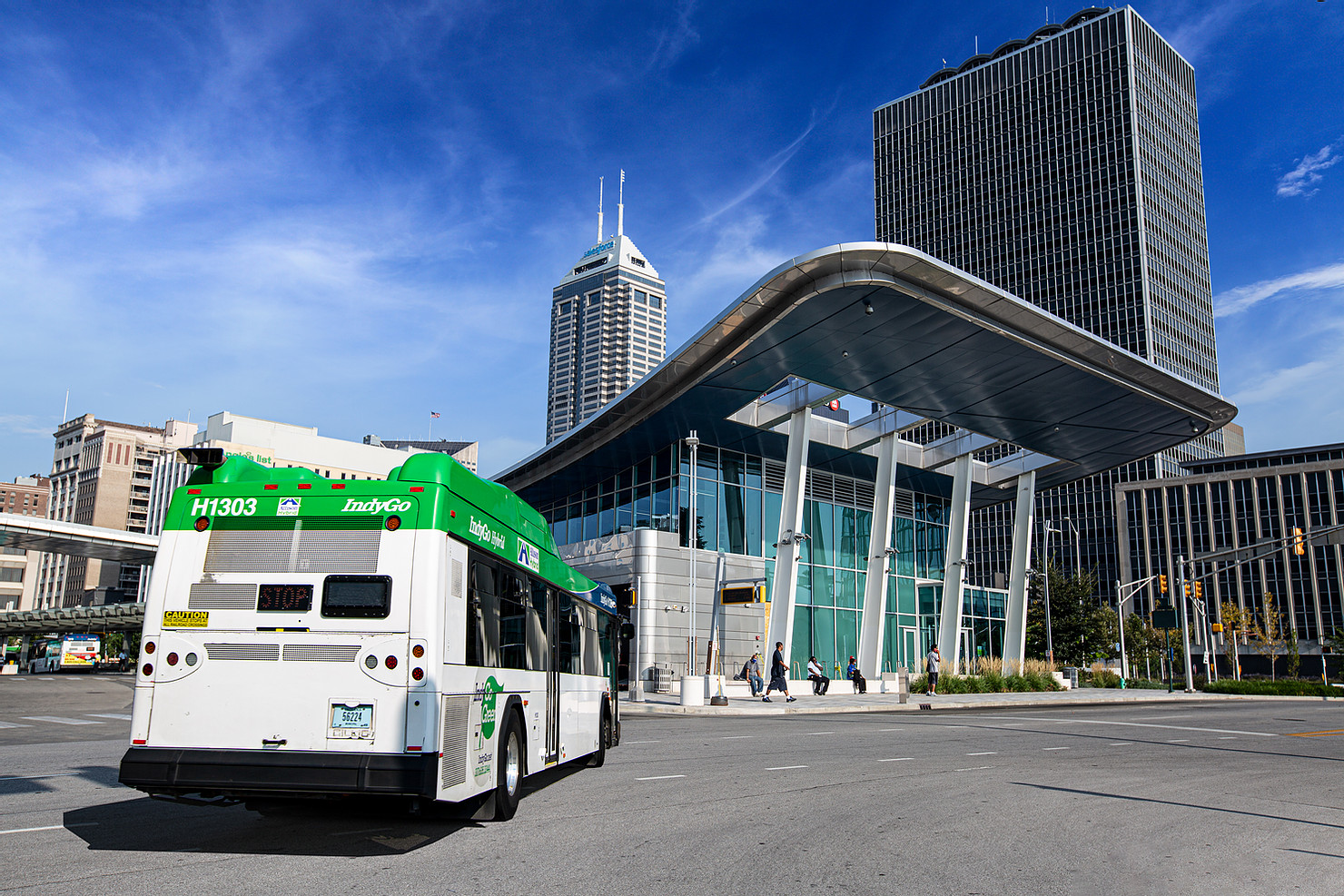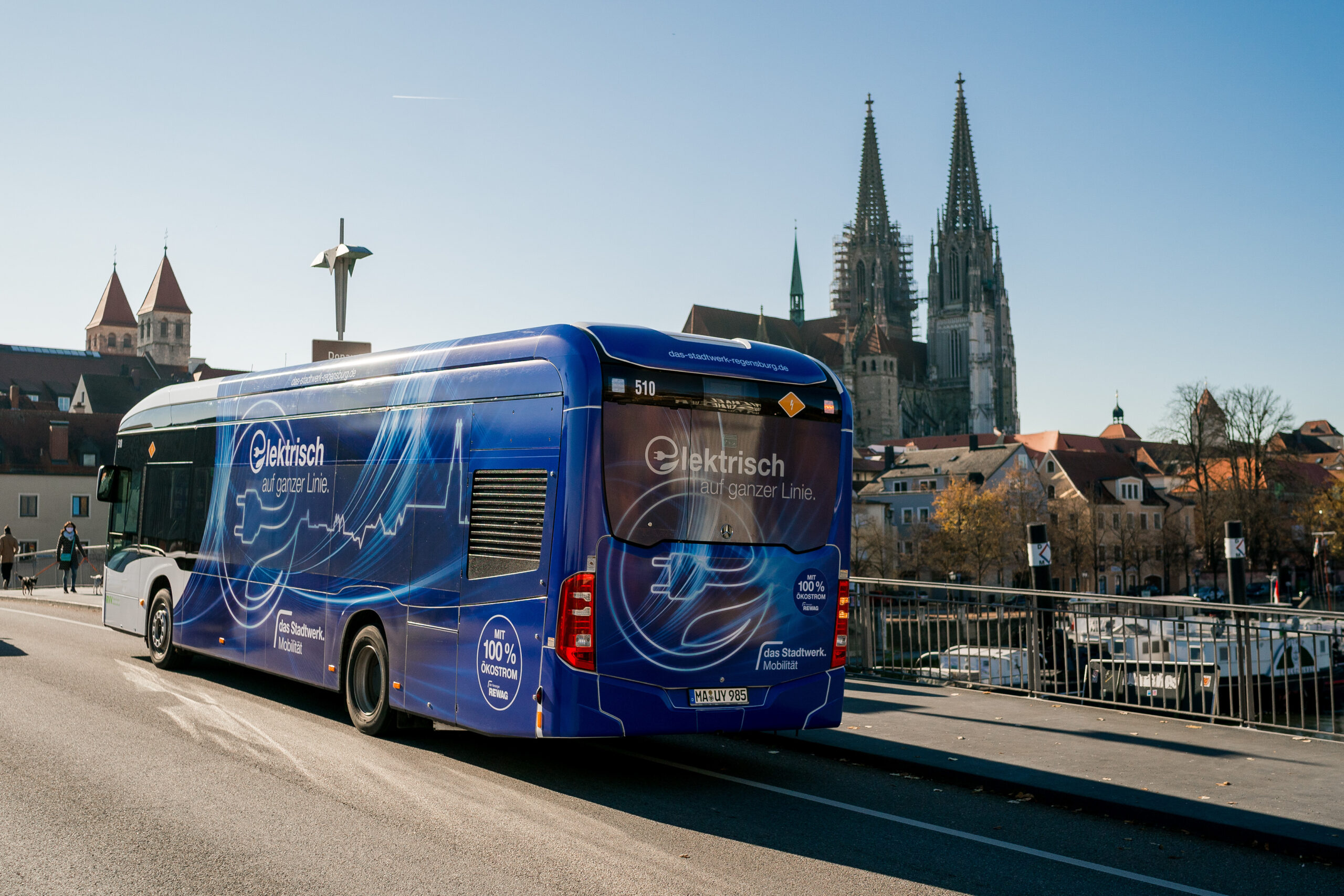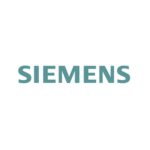FEV Drives Development of Fuel Cells for Climate-Neutral Coaches with “CoacHyfied”
Headed by one of the globally leading development service providers, FEV, the EU project “CoacHyfied” has been launched. Against the background of the climate targets set, the project aims to identify existing challenges and elaborate suitable solutions by developing and operating six fuel cell coaches in public and commercial transport, both local and long-distance. A consortium of 14 companies from the fields of development, technology and science is part of “CoacHyfied”. The demonstration phase under real operating conditions of the buses started at the beginning of the year and will last up to three years. The total project duration is scheduled for five years.
President and CEO of FEV Group, Prof. Stefan Pischinger, said:The close interconnection of the European internal market and steadily growing traffic require a common strategy to achieve our ambitious climate targets – especially in the transport sector. For the long-distance transport of people and goods, fuel cell drives are a suitable technological alternative, which we are specifically addressing with ‘CoacHyfied’.

Fuel cells are considered one of the most promising forms of propulsion for achieving climate targets in the transportation sector. Moreover, this technology is playing to its full potential with regard to long-distance transportation due to its comparatively low system weight. This is particularly advantageous for heavy-duty applications with high power requirements since the fuel cells’ long range potential is combined with short refueling times. Thanks to the use of “green hydrogen,” its operation is emission-free. Some transport companies are already taking advantage of these benefits and are increasingly using fuel cell (FC) systems in their city buses.
However, there are no known activities for the development of FC coaches in Europe. This is now to change as a result of “CoacHyfied”. In the course of the project, two types of coaches will be investigated: OEM-based, newly produced fuel cell buses, and existing buses that have been converted to fuel cell propulsion. Thus, the consortium will be able to provide answers for a second use of technically still sound chassis through retrofit (“second-life use”).
Prof. Pischinger, added:In this way, existing vehicle fleets can continue to be used in a climate-neutral way that conserves resources.
In addition, design options for the use of the tank technology of 350 or 700 bar are being investigated in order to be able to present the scalability of the performance and range requirement in an economically efficient manner. The use of “green hydrogen” during the project will also provide valuable insights regarding logistics for energy suppliers and future operators of the fuel cell buses.
Project partners:
- FEV Europe GmbH (consortium leader)
- Ballard Power Systems Europe A/S
- Coventry University
- ElringKlinger Fuelcell Systems Austria GmbH
- I SEE Electric Busses GmbH
- Ford Otomotiv Sanayi A.Ş.
- Otokar A.Ş.
- RWTH Aachen University
- Engie Energie Services
- HyPORT
- KIWA Nederland BV
- Dobeles Autobus parks
- NPROXX B.V
- Trezors
Project support:
- Innovation Green
This article was originally published by FEV Group GmbH.











